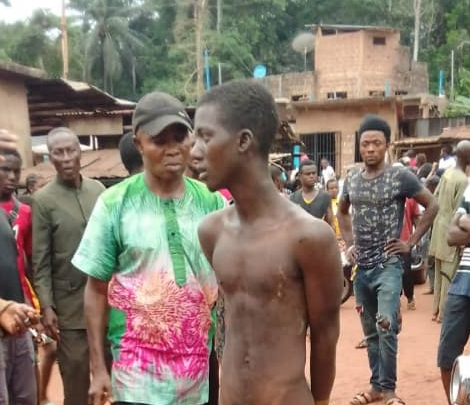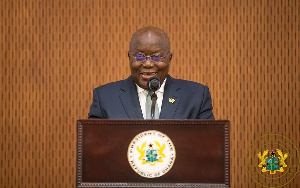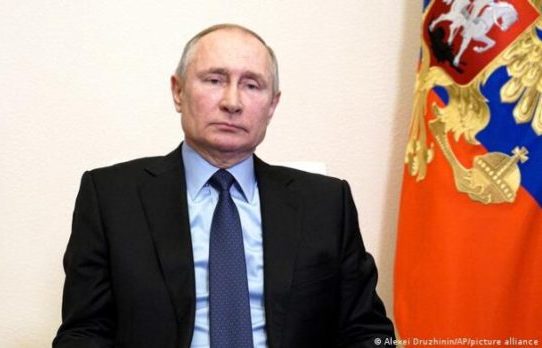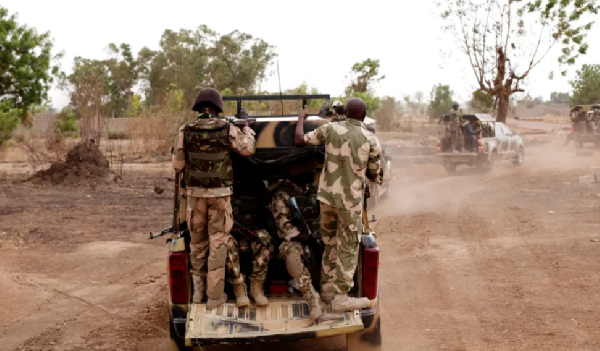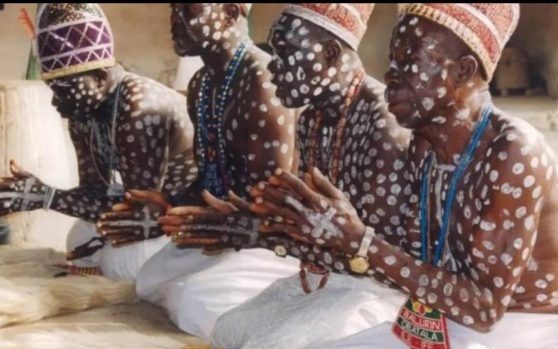Zimbabwe authorities in crackdown on dissent ahead of summit
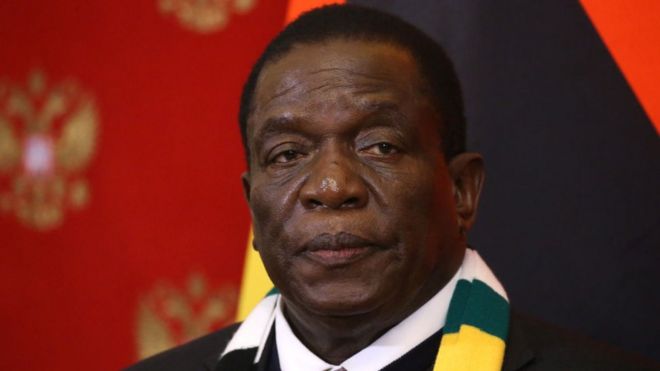
The Zimbabwe government has launched a crackdown on opponents to forestall protests against unresolved political disputes during a forthcoming regional summit.
Harare will host the 44th Southern African Development Community (SADC) Summit on August 17, where President Emmerson Mnangagwa will take over as chairperson of the sub-regional organisation.
That Summit could also be an arena to sort out Zimbabwe-Zambia tensions after Mnangagwa was caught on a hot mic telling Russian President Vladimir Putin about the West, planning to install crucial military equipment in Zambia to target Harare. Both the US and Zambia refuted the claims but Zambia has since lodged a complaint to SADC about Zimbabwe’s allegations.
But for Zimbabwe, the local political problems are just as important. In recent weeks, Mr Mnangagwa’s government has become increasingly edgy about reports of planned protests by his opponents to coincide with the summit. He has intensified a crackdown on opposition and civil society groups, which has led to the arrest of scores of people.
Mr Mnangagwa told a recent meeting of his ruling Zanu-PF party that he was “aware of certain rogue elements within the nation who are bent on peddling falsehoods and instigating acts of civil disorder, especially before, during and after regional and world stage events.”
He warned that security forces would crush any protests against his government. The 81-year-old ruler’s outburst was followed by a government statement claiming that “criminal and opportunistic elements within the opposition and some civil society groups” were “attempting to incite disorder.”
Over 100 opposition and civil society activists have been detained in less than a month on charges of participating in gatherings with the intent to promote violence, breaches of peace or bigotry as well as disorderly conduct.
Tension has been simmering since President Mnangagwa’s controversial re-election last year in polls that were dismissed by foreign observer missions, including SADC, as not meeting regional standards.
Zimbabwe is also in the throes of a long-running economic crisis that saw the country ditching its currency for the second time since the turn of the millennium in April due to hyperinflation.
President Mnangagwa’s opponents have been agitating for demonstrations to register their anger over the economic and political crises, with analysts saying the recent unrest in Kenya is pushing his regime to pre-empt a potential uprising.
Allan Ngari, the Africa advocacy director at Human Rights Watch, urged SADC leaders to take a keen interest in what is happening in Zimbabwe.
“The government of President Mnangagwa is accelerating its crackdown against legitimate and peaceful activism ahead of the August Summit,” Mr Ngari said.
“The Southern African Development Community needs to engage with the authorities to take clear measures to ensure the enjoyment of basic freedoms by all Zimbabweans.
“SADC should promote respect for human rights by calling upon Zimbabwe’s government to end repression and the arbitrary arrests and prosecutions of activists and opposition supporters.
“The pervasive climate of intimidation and repression needs to end.”
Khanyo Farise, Amnesty International regional director for southern Africa, urged Zimbabwe to release over 70 members of the country’s main opposition Citizens Coalition for Change (CCC) who were arrested at a private residency in Harare on June 16.
“The arrest and continued arbitrary detention of 78 opposition members, who had peacefully gathered at a private residence is part of a disturbing pattern of repression against people exercising their rights to freedom of assembly and expression,” Ms Farise said.
“Zimbabwean authorities must immediately and unconditionally release these opposition members and drop all charges against them.
“Authorities must also uphold Zimbabwe’s constitutional and international human rights obligations including the rights to peaceful assembly, liberty and freedom from torture and other ill-treatment.”
Police spokesperson Paul Nyathi denied allegations that any specific groups were being targeted for political reasons but confirmed that the law enforcement agency will be clearing the streets of Harare and the dormitory town of Chitungwiza of informal traders ahead of the SADC summit.
Most Zimbabweans rely on informal businesses such as vending for survival in a country where unemployment is as high as over 80 per cent.
Authorities are said to believe that vendors who often roam the streets of urban centres would act as catalysts if protests erupt during the summit, hence the crackdown.
“We have Operation Clean-up Harare and this operation is looking at maintaining law and order in the Harare central business district and its vicinity. We are looking at the issue of traffic congestion, and pirate taxis,” Commissioner Nyathi said.
“We are also looking at any form of lawlessness and criminal acts. So the operation is targeting everything against the law.
“We are not targeting specific individual people or groups, but we are targeting acts of lawlessness.”
Farai Maguwu, a political analyst, said SADC must intervene in Zimbabwe to end the political impasse.
“l think it is clear to everyone that there are some serious internal issues in Zimbabwe. which have been lingering for more than two decades. Most of the people are leaving Zimbabwe because of social and economic crises,” Mr Maguwu said.
“So it is important for SADC to ensure that there is political stability in the country and the government is there to save the people, they must talk to move the country forward and that will be a great achievement.”
Since assuming power after the 2017 coup that toppled long-time ruler Robert Mugabe in 2017, President Mnangagwa has dealt ruthlessly with protests.
On August 1, 2018, six people were shot dead by soldiers who were deployed in central Harare to disperse opposition supporters who were protesting against delays in the release of disputed presidential election results.
Protests against a steep increase in fuel prices in January 2019 invited a heavy-handed response from the government, which resulted in the killing of scores of people by security forces.
Several opposition and civil society activists were also abducted and tortured during the protests.
The United Kingdom and the United States responded to the crackdown by imposing sanctions on security chiefs who were accused of being behind abductions and the deaths of protestors.
Ahead of last year’s elections, President Mnangagwa’s main challenger Nelson Chamisa was barred from holding rallies to mobilise support.
The government has also been pushing for legislation to control the operations of civil society organisations, which it accuses of promoting a regime change agenda.
President Mnangagwa is accused of going back on his promises to turn Zimbabwe into “a new kind of democracy” after decades of authoritarian rule by his predecessor.
Source: theeastafrican.co.ke

